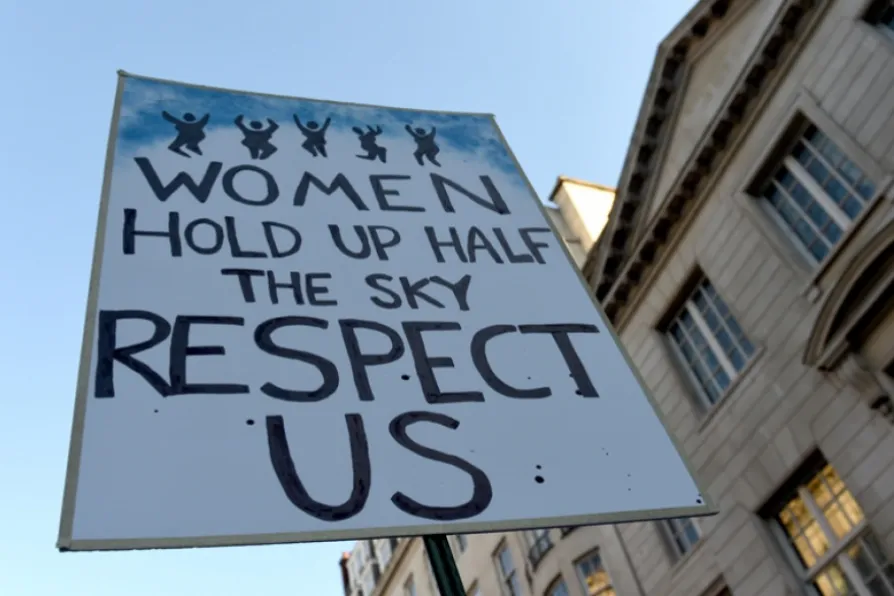VIJAY PRASHAD details how US support for Syrian President Ahmad al-Sharaa allowed him to break the resistance of the autonomous Syrian Democratic Forces (SDF)
Sexual harassment is a form of violence against women and it’s happening in our workplaces all the time
Unions and their members still have much to do to ensure dignity at work for women, writes FRANCES O’GRADY


2018 is a huge year for women at work. For one thing, we have lots to celebrate. We’re marking 50 years since the Ford Dagenham strikes, 100 years since some women won the vote and, of course, 150 years of the TUC. But we’re also facing huge challenges.
In the past few months, the flood of disclosures of sexual harassment at work has provided an insight into the scale of the problem across all sectors.
From Hollywood to the Houses of Parliament, it’s rarely been out of the news. And rightly so. As long as this issue is front and centre, we have a unique opportunity to win a better deal for working women.
Similar stories

Ben Cowles speaks with IAN ‘TREE’ ROBINSON and ANDY DAVIES, two of the string pullers behind the Manchester Punk Festival, ahead of its 10th year show later this month

RON JACOBS welcomes the long overdue translation of an epic work that chronicles resistance to fascism during WWII

JOHN GREEN surveys the remarkable career of screenwriter Malcolm Hulke and the essential part played by his membership of the Communist Party

ANDY HEDGECOCK relishes two exhibitions that blur the boundaries between art and community engagement










